Transcript: Tom Hancock, GMO
Barry Ritholtz
FEBRUARY 6, 2024
Its index and its benchmark. There’s also quantitative metrics that we look at Those have evolved, but always within that capa, that cluster of high returns on investment stability across the economic cycle are consistent and strong balance sheets. a year, way over both. It’s in the top 1% of its peers. In 2000, right.

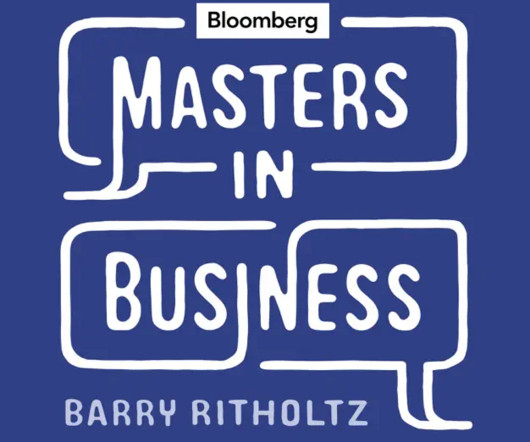

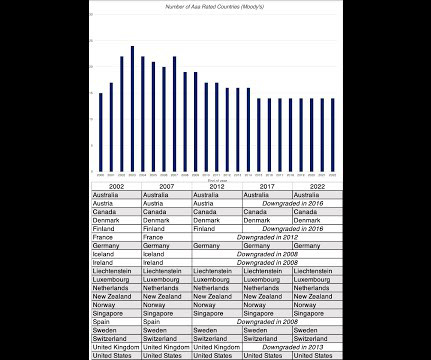

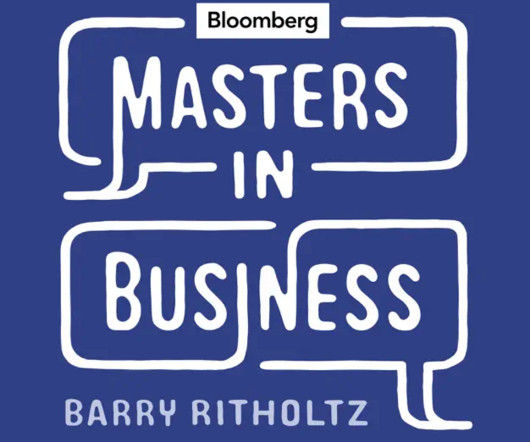
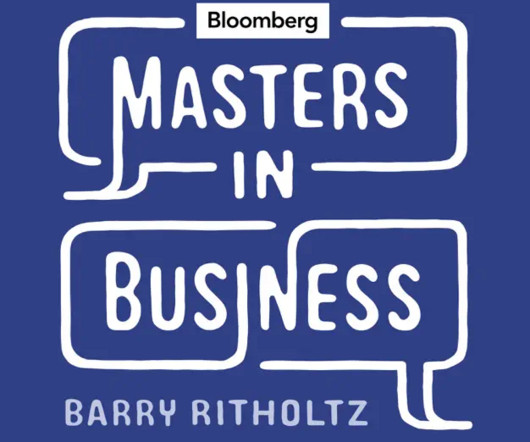
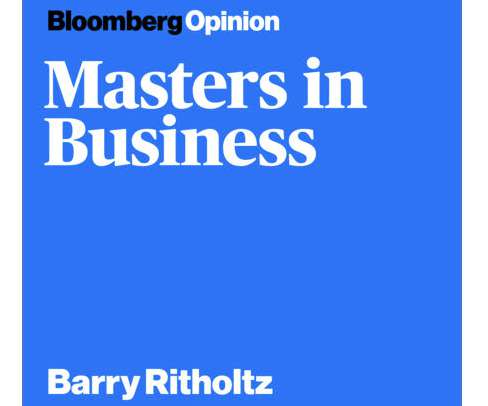
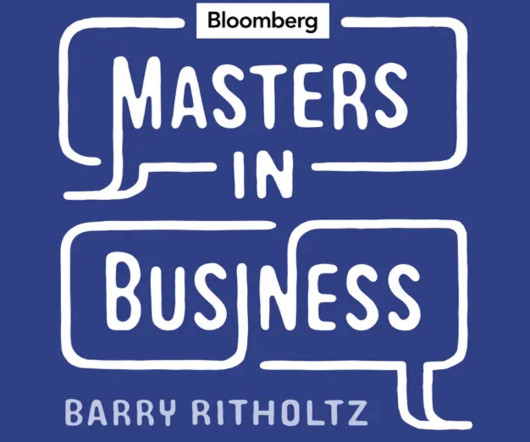








Let's personalize your content